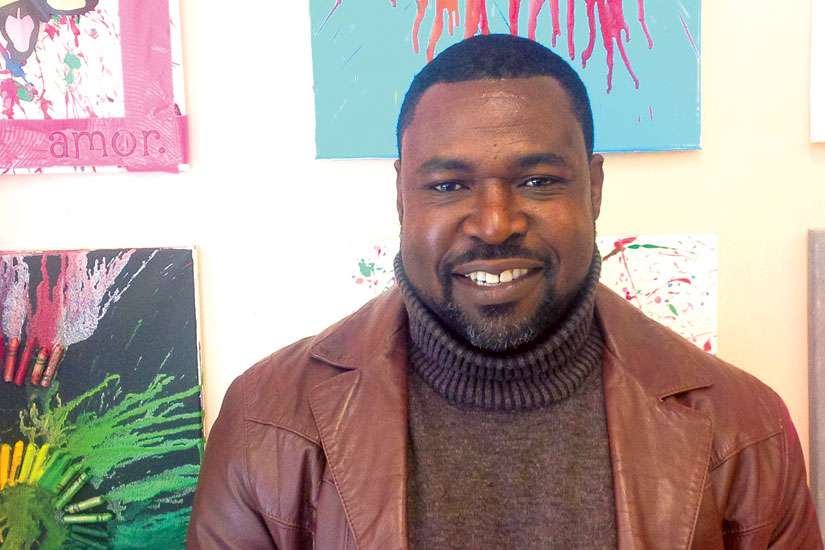“Being black and being Canadian at the same time I always asked where is my story” during history class, said the Toronto Catholic school board’s community relations staff member. “When I was in school I didn’t hear anything, it was almost like there was no beginning and that somebody just snapped their finger and here we were.”
But Lewis has since learned this is not the case.
“(Champlain hired Mathieu) Da Costa, who was a free black explorer back in the 1600s, to translate for them the languages of the aboriginals,” said Lewis. “That means blacks were coming to North America before even Europeans. So when I was in school it would have been important for me to have known about Da Costa, that there was a black guy in Canada working for the French, the English, the Dutch, translating the languages.”
Tales and the truth about racism’s prevalence throughout Canada’s history is also something all students need to be aware of, said Lewis.
“Unless you really know who you are and what you’ve come from then how can you move forward?” asked the 45-year-old. “If we don’t realize our mistakes, if we don’t see it is a mistake but rather something that just happened, what is going to stop it from happening again?”
Although convincing the province to update the curriculum would not be an overnight task, Lewis said staff at the province’s 29 Catholic school boards can begin doing this on their own. Lewis suggested exposing students to alternative material such as the documentary Speakers for the Dead which he used during an assembly at Blessed Mother Teresa Catholic Secondary School at the start of Black History Month.
During his presentation — titled Is Black History Canadian History or is Canadian History Black History? — Lewis used only the first seven minutes of the 50-minute film, produced by Jennifer Holness and David Sutherland in 2000.
“When I saw the documentary it went right along with what I have always believed, that there is something missing” in our Canadian history curriculum, said Lewis. “(So) we looked at the documentary through a Canadian history lens and a black history lens ... showing how black history is part of Canadian history.”
The documentary focuses on the excavation of an abandoned cemetery in Priceville, Ont., south of Owen Sound, where at one point a sunset curfew was imposed on blacks. It follows the story of a committee that seeks to uncover a lost tombstone in the late 1990s and the resistance from the locals in the search — likely out of fear of the discovery being linked to a black ancestry in the area, as several interviewed in the film speculated.
Lewis said this kind of racist-driven rejection of the past is not an isolated incident in Canada.
“I could have used a thousand other documentaries, I just used this one because there was an eerie feel to it,” he said.
Elise Harding-Davis, curator of the North American Black History Museum and a seventh-generation black Canadian, said racism continues to exist in Canada primarily due to a misguided concept of Canadian history.
“Many people are told that blacks only arrived here in the last one or two generations, but we’ve been here for a solid 200 or 300 years and we are part of what Canada stands for,” she said.
That’s why Lewis said school’s need to change the way Canadian history is presented to curb the “almost subconscious racism” the curriculum embeds in them.
“If you look at our schools the entire curriculum is euro-centric,” he said. “What it does is it drives that ideology, that one story and that one way of thinking. If you don’t have a good understanding of the experiences and the lived reality of the people who came before you ... then I don’t think you can go forward and grow.”


